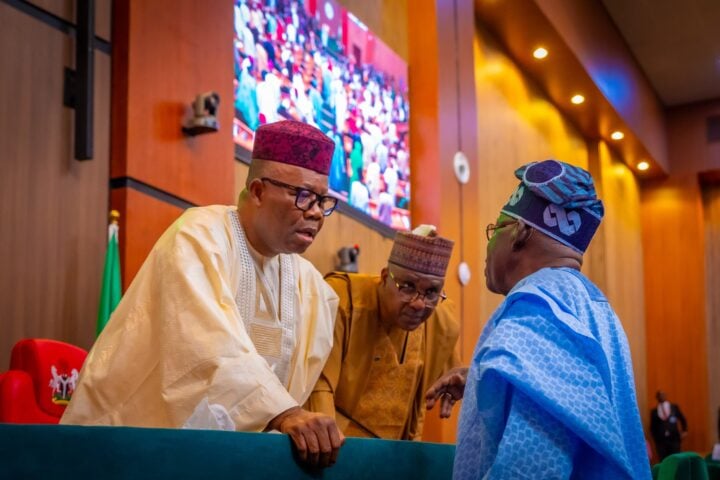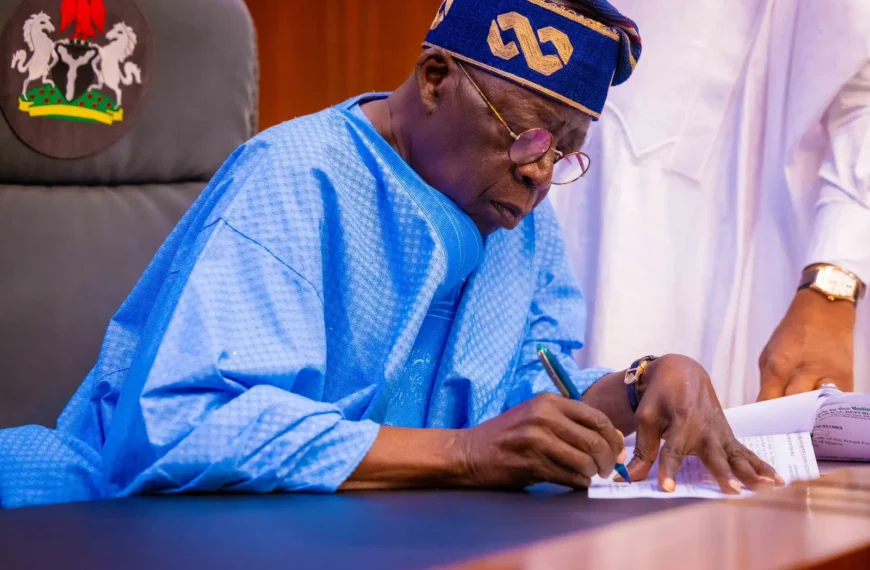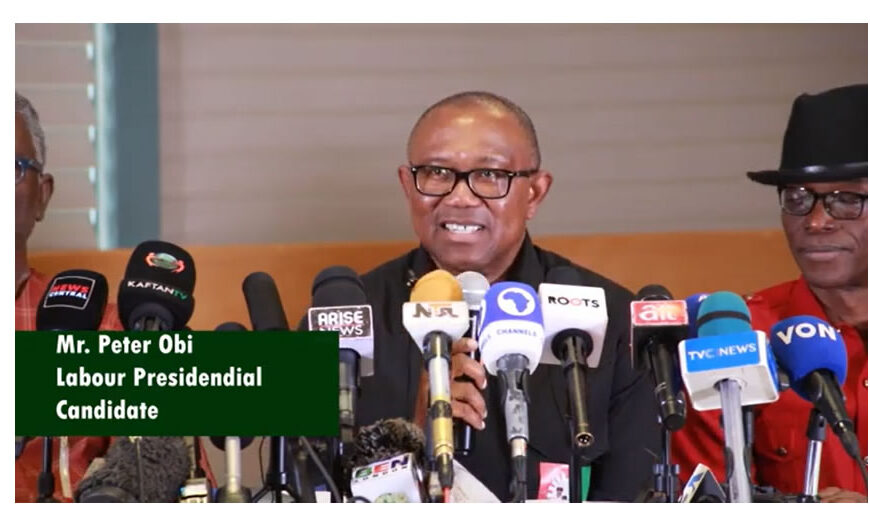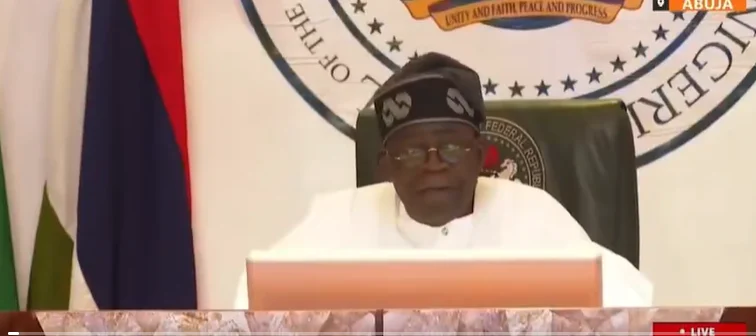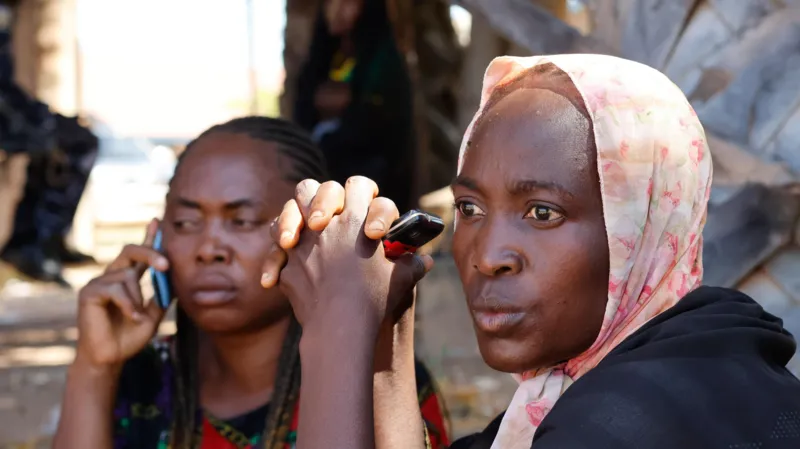Abuja, Nigeria — August 4, 2025
The House of Representatives has initiated an investigation into the implementation of the Presidential Compressed Natural Gas (CNG) Initiative, expressing concerns over transparency, equity, and the adequacy of existing legal and regulatory frameworks.
Key Areas of Investigation
The Ad-Hoc Committee, chaired by Hon. Ahmad Jaha, is tasked with evaluating:
- The safety, viability, and sustainability of the CNG programme;
- Geographic equity in the distribution of conversion centres;
- Alignment with global best practices;
- Adequacy of legal and regulatory frameworks.
Additionally, the committee seeks detailed breakdowns of the ₦100 billion allocated from the ₦500 billion palliative fund and the claimed ₦760 billion private sector investment. They also aim to assess the distribution and accessibility of CNG infrastructure across the country.
Concerns Over Regional Disparities
Lawmakers from northern Nigeria have raised alarms about the absence of CNG conversion centres in the North-East and North-West geopolitical zones. They argue that this oversight marginalizes their constituents and hinders the initiative’s nationwide impact. For instance, while states like Lagos and Oyo have multiple centres, regions such as Kano, Borno, and Sokoto are notably excluded.
Private Sector Involvement and Infrastructure Expansion
The Nigerian National Petroleum Company Limited (NNPCL) has committed to supporting the initiative by offering a 50% discount on vehicle CNG conversions. As of the latest reports, the number of conversion centres has increased from seven to 300 across 24 states. However, questions remain regarding the equitable distribution of these centres and the transparency of the investment process.
Call for Inclusive Stakeholder Engagement
The Bauchi Chamber of Commerce, Industry, Mines and Agriculture (BACCIMA) has petitioned the House, highlighting the exclusion of northern stakeholders, particularly indigenous investors and operators, from the initiative’s implementation process. They urge the House to ensure equitable inclusion of all regional Chambers of Commerce and industrial operators in decision-making and implementation.
Conclusion
The House of Representatives’ probe underscores the need for transparency, equity, and effective oversight in the implementation of national policies. As Nigeria transitions towards cleaner energy alternatives, ensuring that initiatives like the CNG programme are inclusive and well-regulated will be crucial for their success and sustainability.

